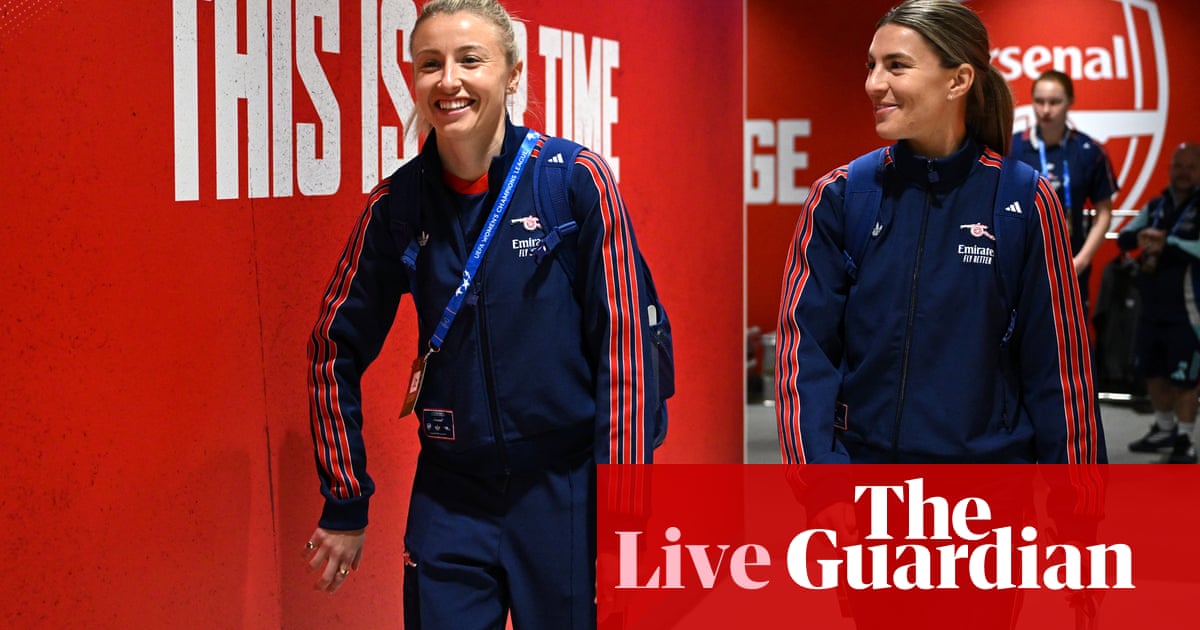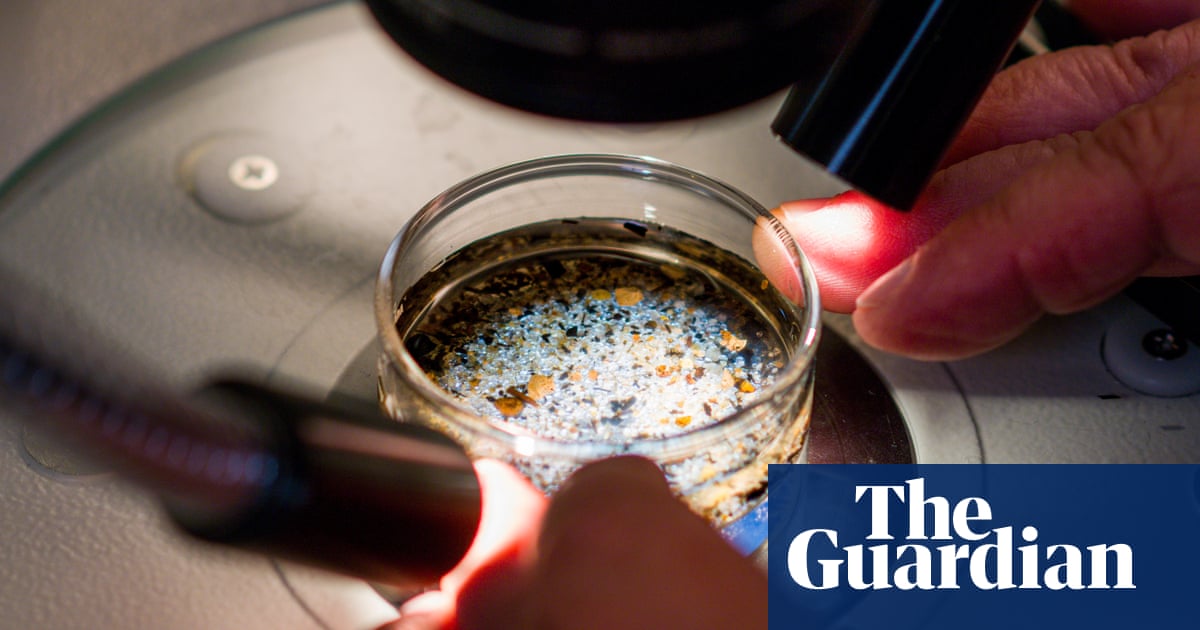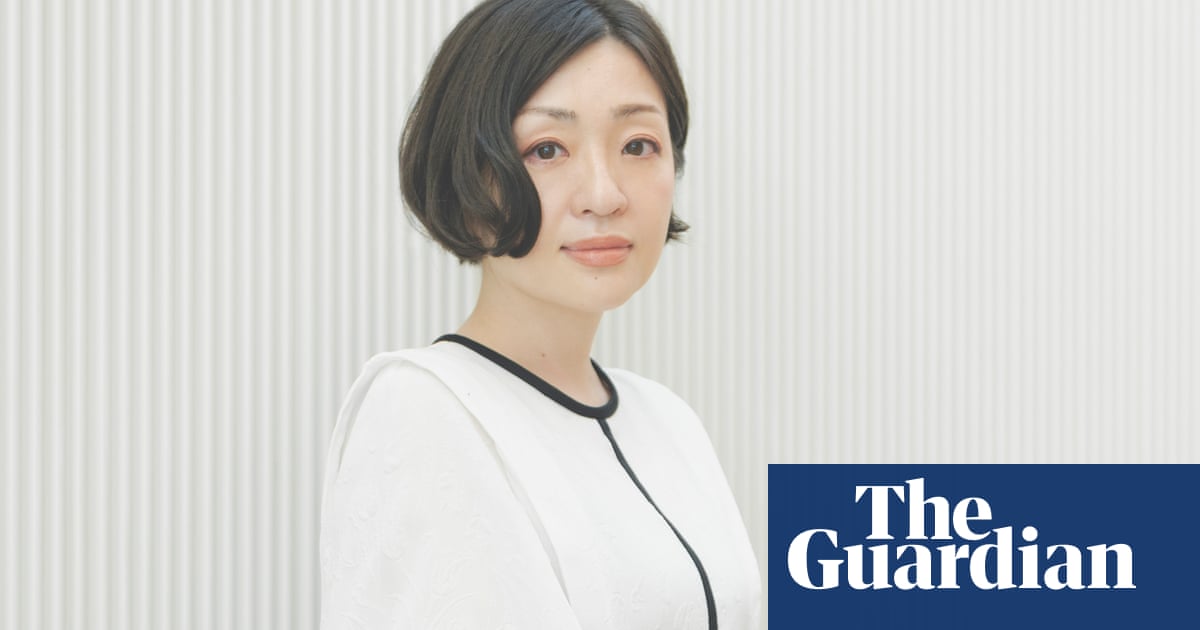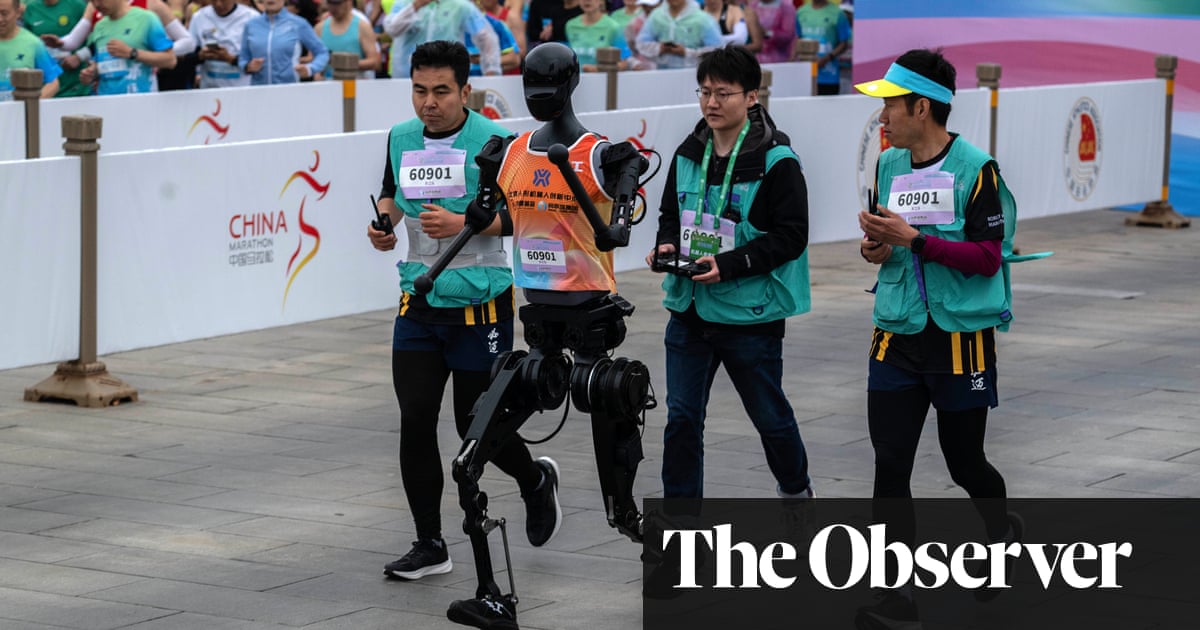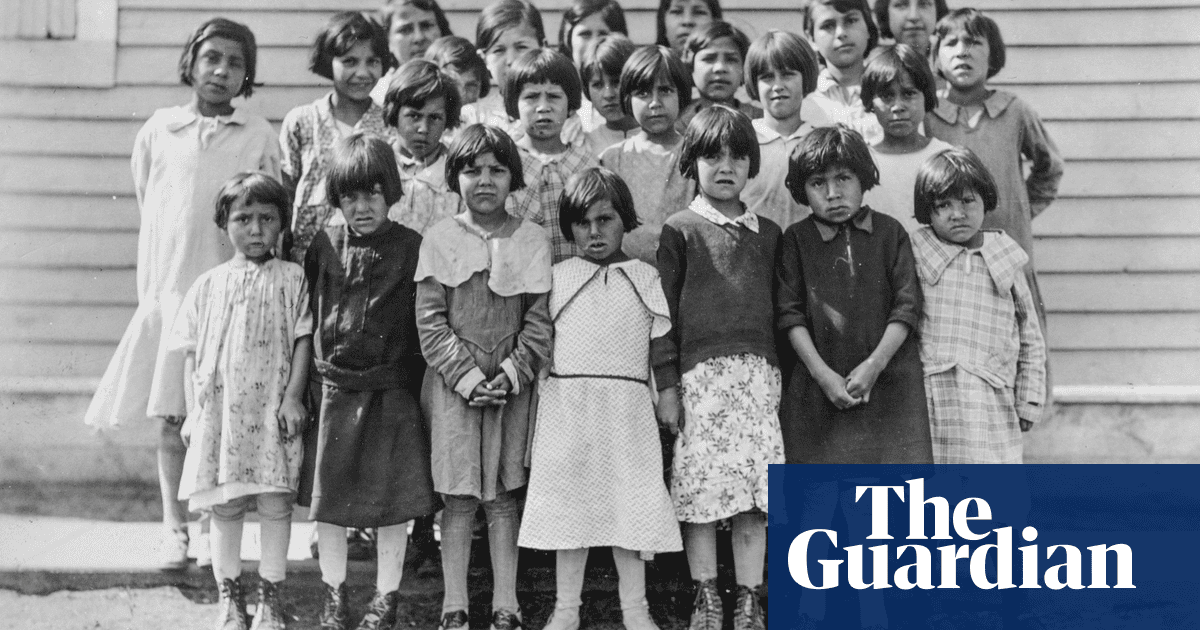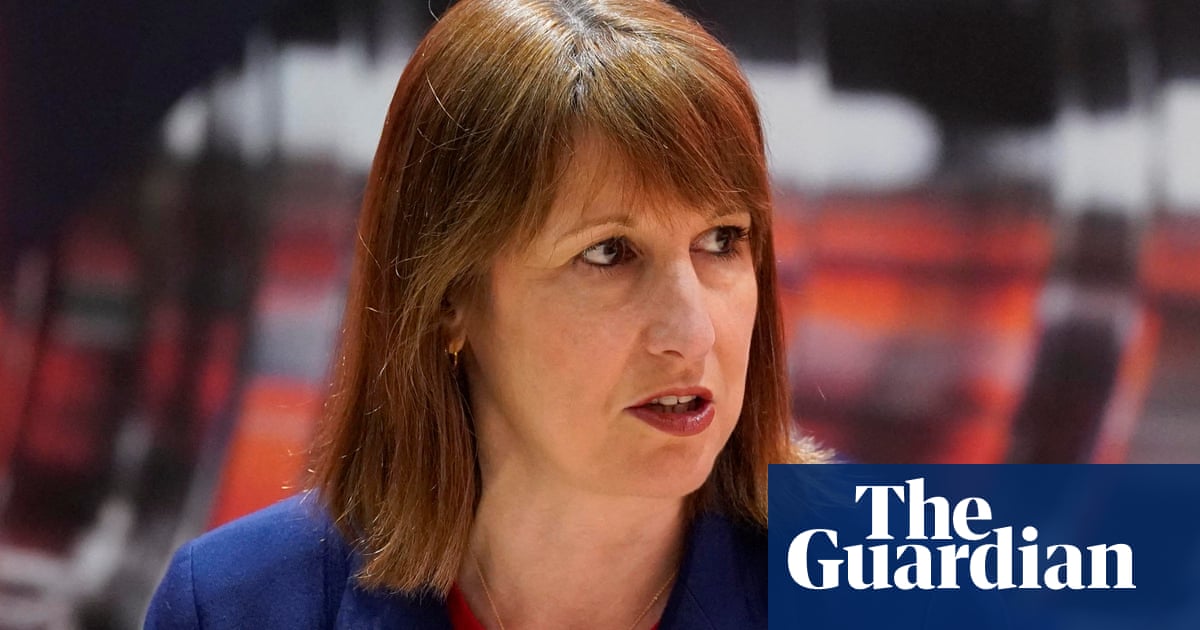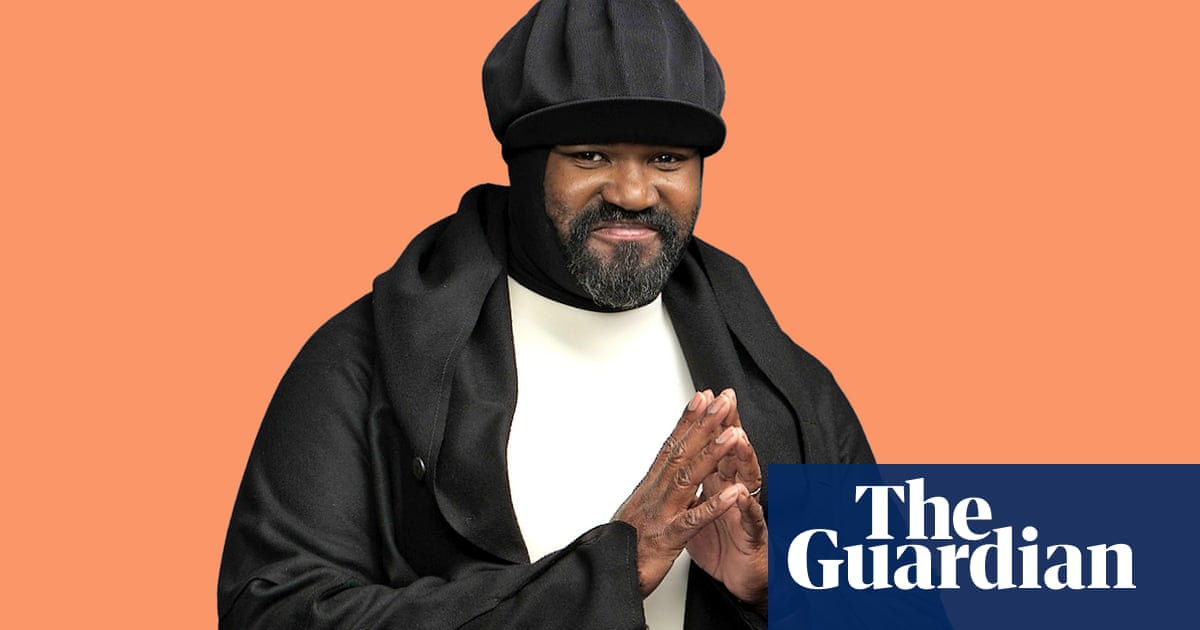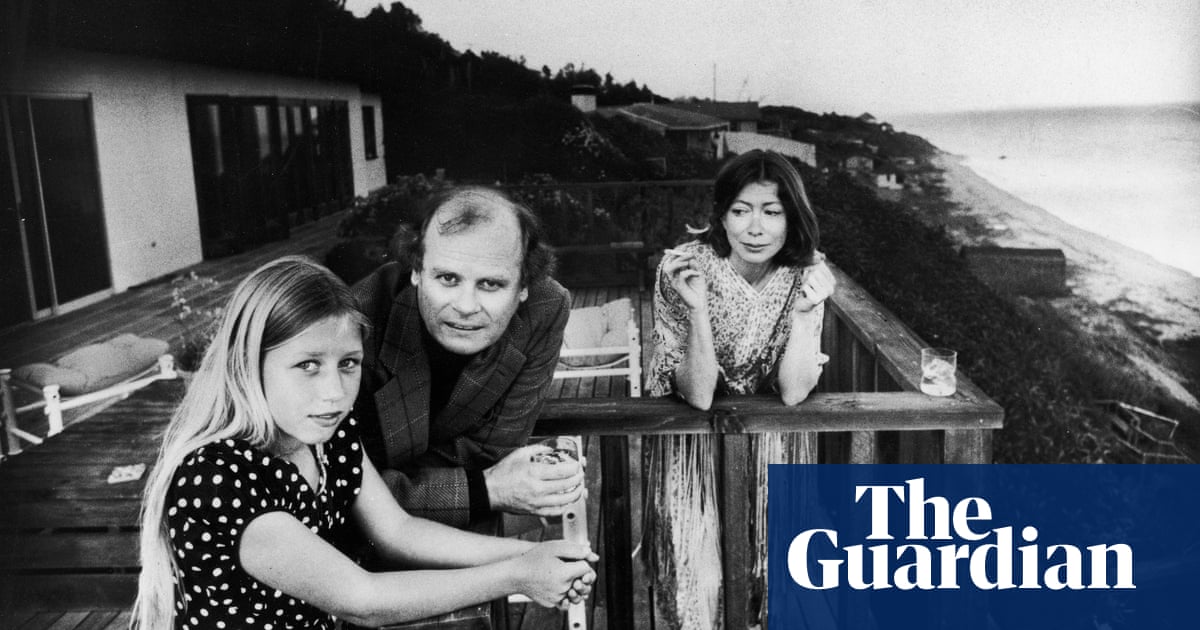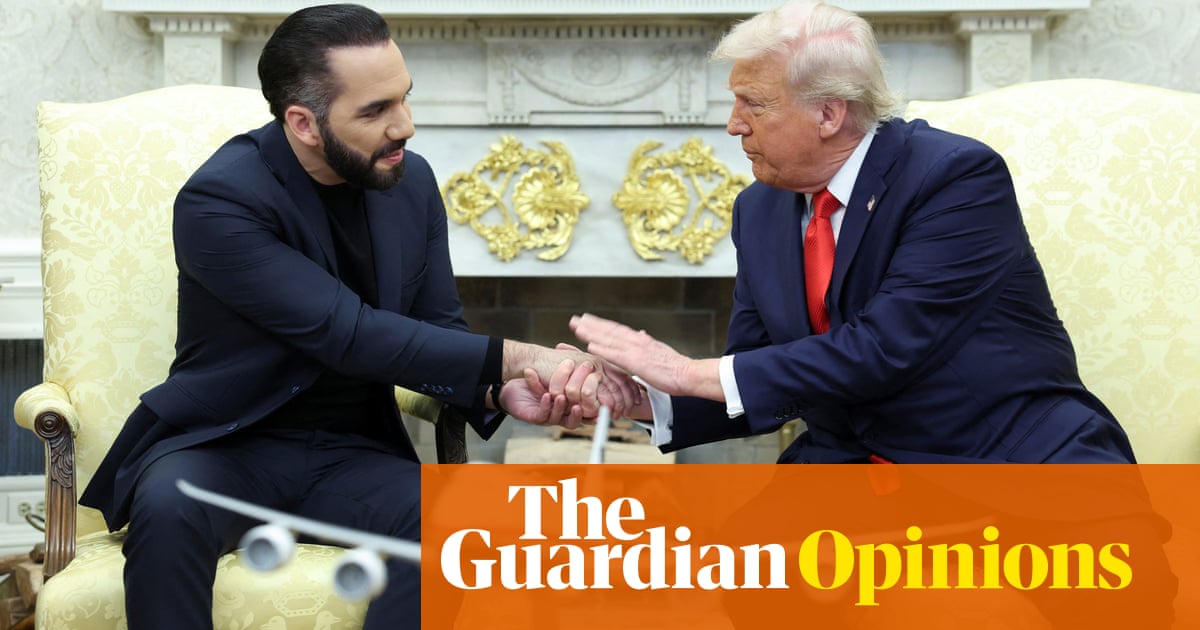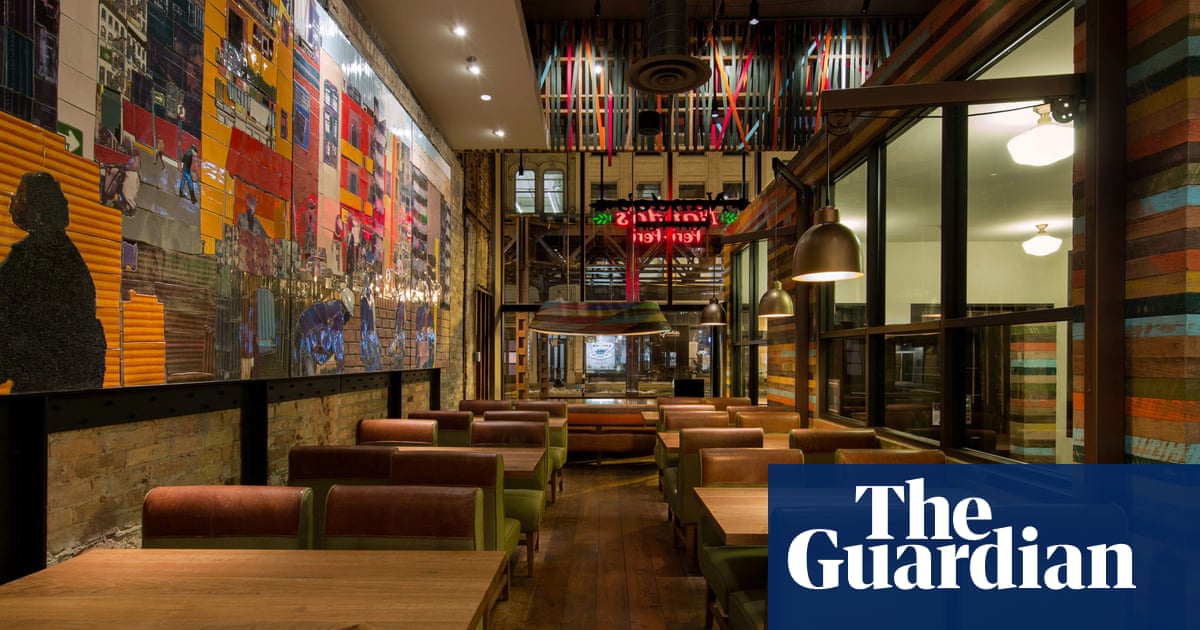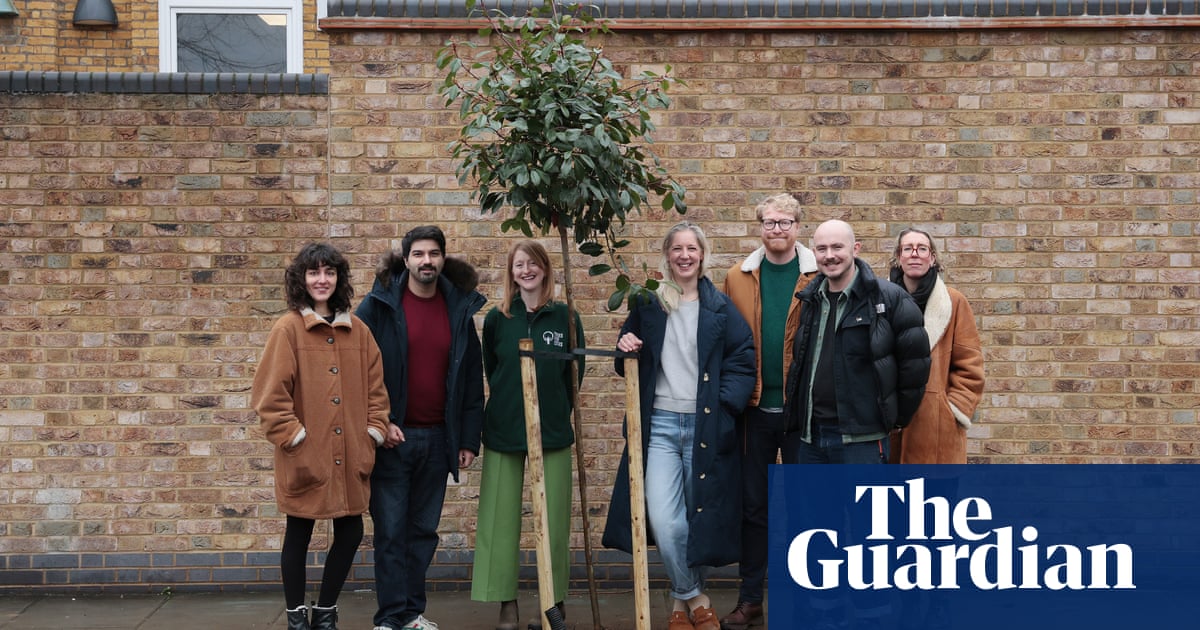Poornima Ramarao greeted everyone with a smile as they offered condolences for the death of her son, Suchir Balaji, a former OpenAI researcher and whistleblower who was found dead in his San Francisco apartment on 26 November.
“I am not grieving,” she told a small group of friends at a vigil held for Balaji in Milpitas, California, a city about 50 miles (80km) south-east of San Francisco. “I have become numb.”
A few moments later, tears began rolling down her cheeks as she talked about losing her only son.
Balaji’s parents have questioned the circumstances of their son’s death and refuse to believe that he died by suicide, as ruled by the office of the chief medical examiner.
They have demanded an FBI investigation into his death. The demand, Ramarao said, stems from their belief that the San Francisco police department lacks the ability to conduct a thorough investigation into a case that includes issues such as cybersecurity and whistleblower protection.
Police found Balaji dead in his apartment on 26 November after Ramarao had failed to get in touch with her son for three days. She filed a missing person complaint where she lives in Union City, about 40 miles from San Francisco. Police there contacted San Francisco authorities.
“Officers and medics arrived on scene and located a deceased adult male from what appeared to be a suicide,” police said. “No evidence of foul play was found during the initial investigation.”
Ramarao said it took the medical examiner 40 seconds from the time they arrived at the scene to declare it a suicide.
“The reason they said is he went inside and did not come out, nobody was with him … and he shot himself,” Ramarao said. “There was a gun near him.”
The parents said Balaji had no history of mental illness and no suicide note was found.
Balaji Ramamurthy, who was the last person to talk to his son on 22 November, said they talked about his Los Angeles trip, part of his birthday celebration.
“He was in LA and having a good time. So he sent us all the pictures,” Ramamurthy said of his 15-minute call after Balaji’s return. “He was in a good mood.”
The investigation, however, is open and active at this time, San Francisco police said.
Balaji studied computer science at the University of California, Berkeley, and started working at OpenAI in November 2020. He worked on a project called WebGPT, which John Schulman, one of the OpenAI co-founders, said helped pave the way for ChatGPT.
“I was heartbroken to hear of Suchir’s passing. I worked with Suchir on and off since around 2021, and he was one of my favorite and most talented collaborators,” Schulman said.
Balaji quit OpenAI in August this year, the same day as Schulman, and publicly spoke of copyright violations by generative AI developers including OpenAI.
In an interview with the New York Times in October, Balaji said OpenAI had violated copyright law and products like ChatGPT were damaging the internet.
On his decision to quit OpenAI, Balaji said: “If you believe what I believe, you have to just leave the company.”
OpenAI said in a statement that it was “devastated” to learn of Balaji’s death and had been in touch with his parents “to offer our full support during this difficult time”.
At the vigil, speakers talked about the importance of Balaji’s work, including his advocacy for copyright laws.
Ganesh Balamitran, a Fremont resident, said Balaji fought for every creative person.
“You cannot replace human creators with computers, and he was pointing that out with his work, and I think he was starting to fight that battle for every creative artist out there,” Balamitran said.
Aruja Gupta, a student at San Jose State University who attended the vigil in solidarity with Balaji’s family, said she supported the parents’ demand for further investigation.
“If the police department could thoroughly investigate, they could put some more time and resources into his death, that’s kind of my demand or my wish from my solidarity here today,” she said.
Surrounded by nearly 80 people, Ramarao and Ramamurthy spoke about their son’s childhood.
“He was a prodigy,” Ramarao said. “We knew he had excellent motor skills when he was two and a half months. At 13 months old, he showed he was not ordinary by picking up all the alphabet. Less than two years old, he could recognize words.”
Ramarao said her son had been an upstanding human being who never said anything negative about teachers, school or colleagues.
“I don’t know how I could have saved my son by teaching him to tell lies,” Ramarao said. “The ethics with which I raised him took his life today.”

 3 months ago
48
3 months ago
48
